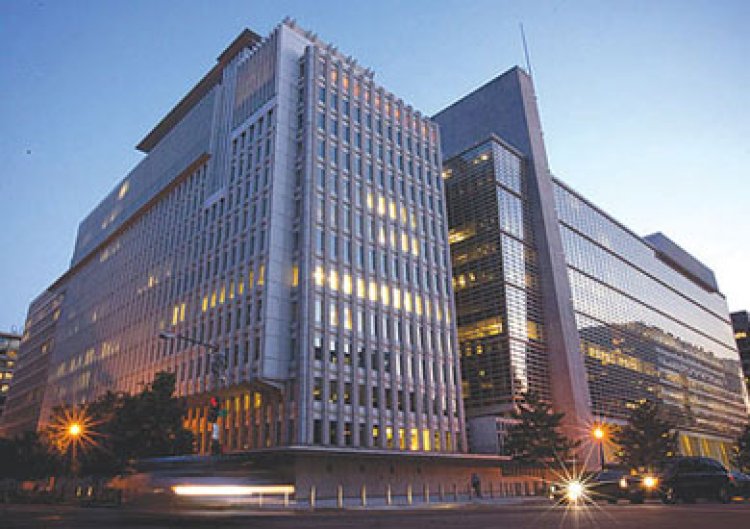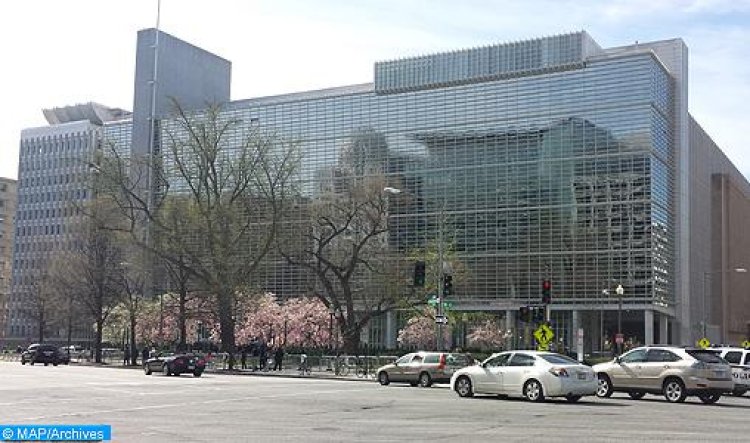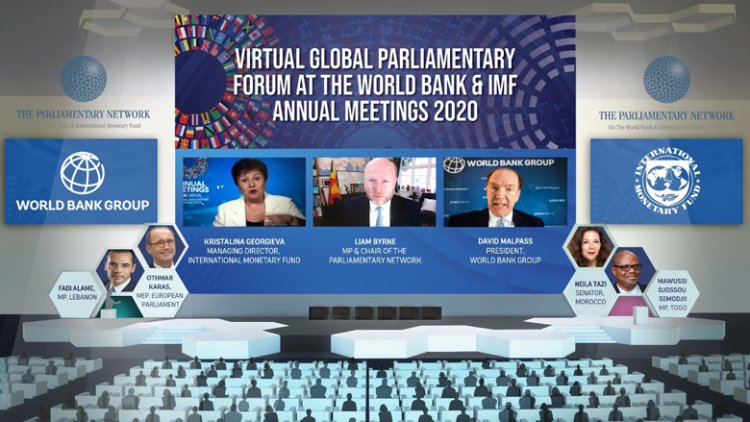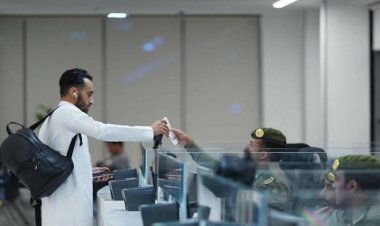WB warns of the "dollarization" of Lebanon's economy after collapse of the lira
Since 2019, Lebanon has been witnessing an economic collapse, which the World Bank ranked among the worst in the world.

The World Bank has warned of the growth of a cash economy in dollars in Lebanon, after it has become estimated at half of the gross domestic product, threatening fiscal policy and increasing money laundering and tax evasion.
Since 2019, Lebanon has been witnessing an economic collapse, which the World Bank ranked among the worst in the world.
The Lebanese pound has lost more than 98 percent of its value, and the majority of the population has fallen below the poverty line due to severe banking restrictions and an acute liquidity crisis.

The dollarized monetary economy
The World Bank said that "the Lebanese economy is still in a state of sharp decline, and it is far from the path of stability."
He added, "The failure of the banking system in Lebanon and the collapse of the currency led to the growth and dollarization of a monetary economy estimated at half of the GDP in 2022."
According to the report, the “dollarized monetary economy” is estimated at “about $9.9 billion, or 45.7 percent of GDP,” which reflects “a rapid shift towards monetary transactions in hard currencies, following a complete loss of confidence in the weak banking sector and the local currency.”
The World Bank warned that the monetary economy "threatens to compromise the effectiveness of fiscal and monetary policy, increase the possibility of money laundering, as well as increase informal economic activity, and encourage increased tax evasion."
Goods are priced in dollars
Stores in Lebanon are now pricing their goods in dollars, and several companies are paying the salaries of their employees in cash dollars, due to the tight restrictions imposed by banks on withdrawals. Many Lebanese depend on the money of expatriates from their relatives, which they receive from hawala companies in US dollars.

Political paralysis
The existing political paralysis in Lebanon, as a result of the presidential vacuum for more than six months, is exacerbating the economic situation.
The country is run by a caretaker government that is unable to take necessary decisions, including reforms that the international community requires to provide support.
international arrest warrant
Lebanon is also facing a new crisis today, with a French judge issuing, on Tuesday, an international arrest warrant against the Governor of the Banque du Liban, Riad Salameh, whose wealth is being investigated by European countries and suspected of being involved in embezzlement and huge money laundering.
Inflation rate
According to the World Bank, the inflation rate reached 171.2 percent in 2022, making it one of the "highest rates in the world."
"As long as the economy is in a state of contraction and conditions of crisis exist, the decline in living standards will increase, and poverty rates will continue to rise," said Jean-Christophe Carré, Regional Director of the Middle East Department at the World Bank.
"The delay in implementing a comprehensive reform and recovery plan will exacerbate the losses," he added.


 Shrouq
Shrouq 











